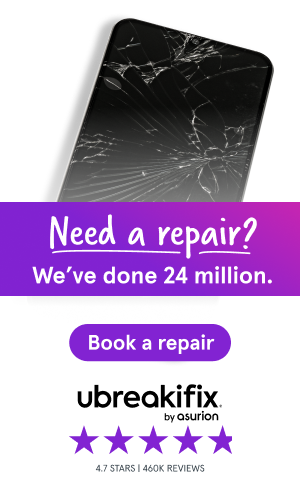DavidGetty
Member
- Joined
- Apr 26, 2022
- Messages
- 16
- Reaction score
- 9
I’ve noticed that every year people say that citations are less and less important. I’m wondering if any of you pros have an updated list of directories that you still think are important for local SEO?




